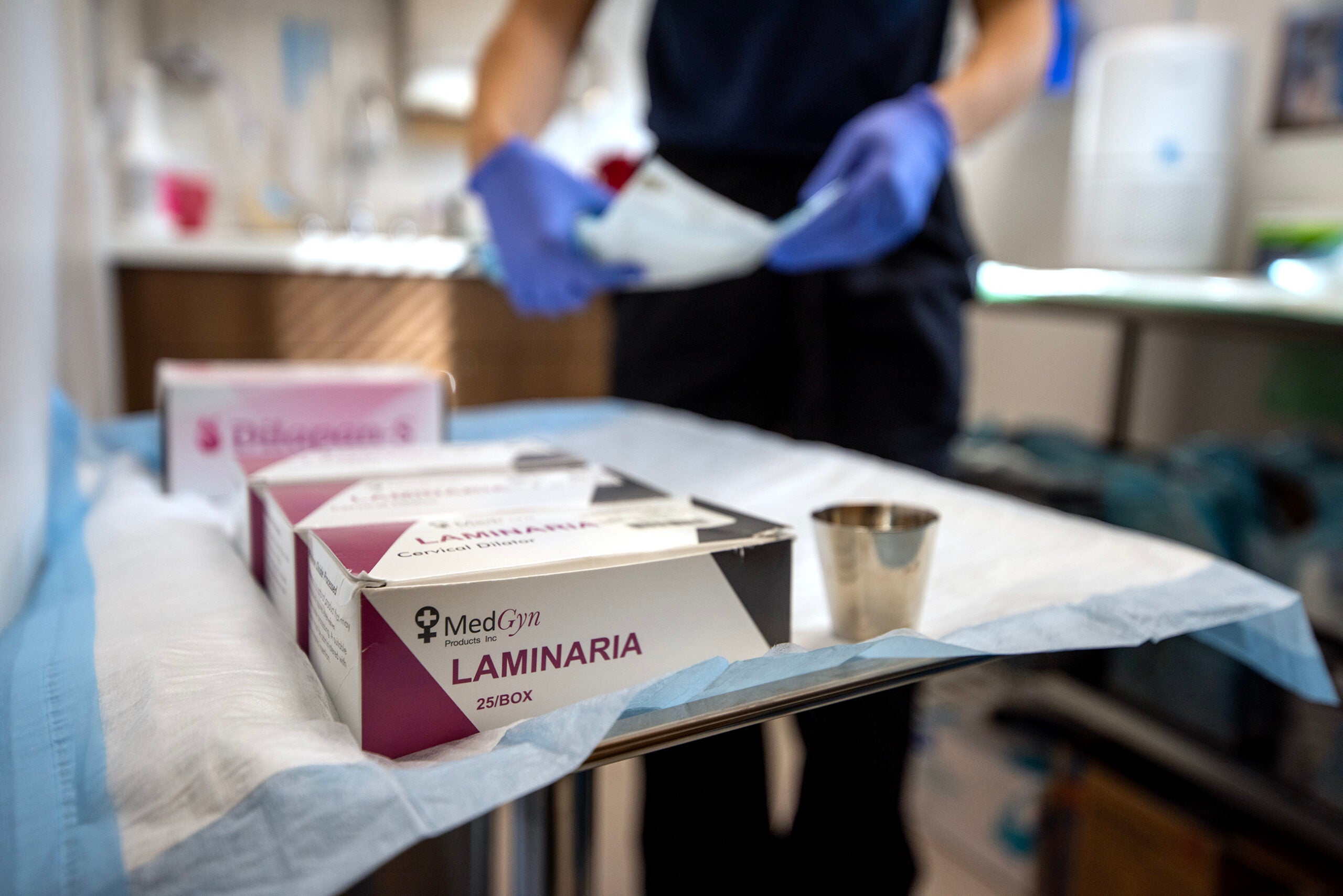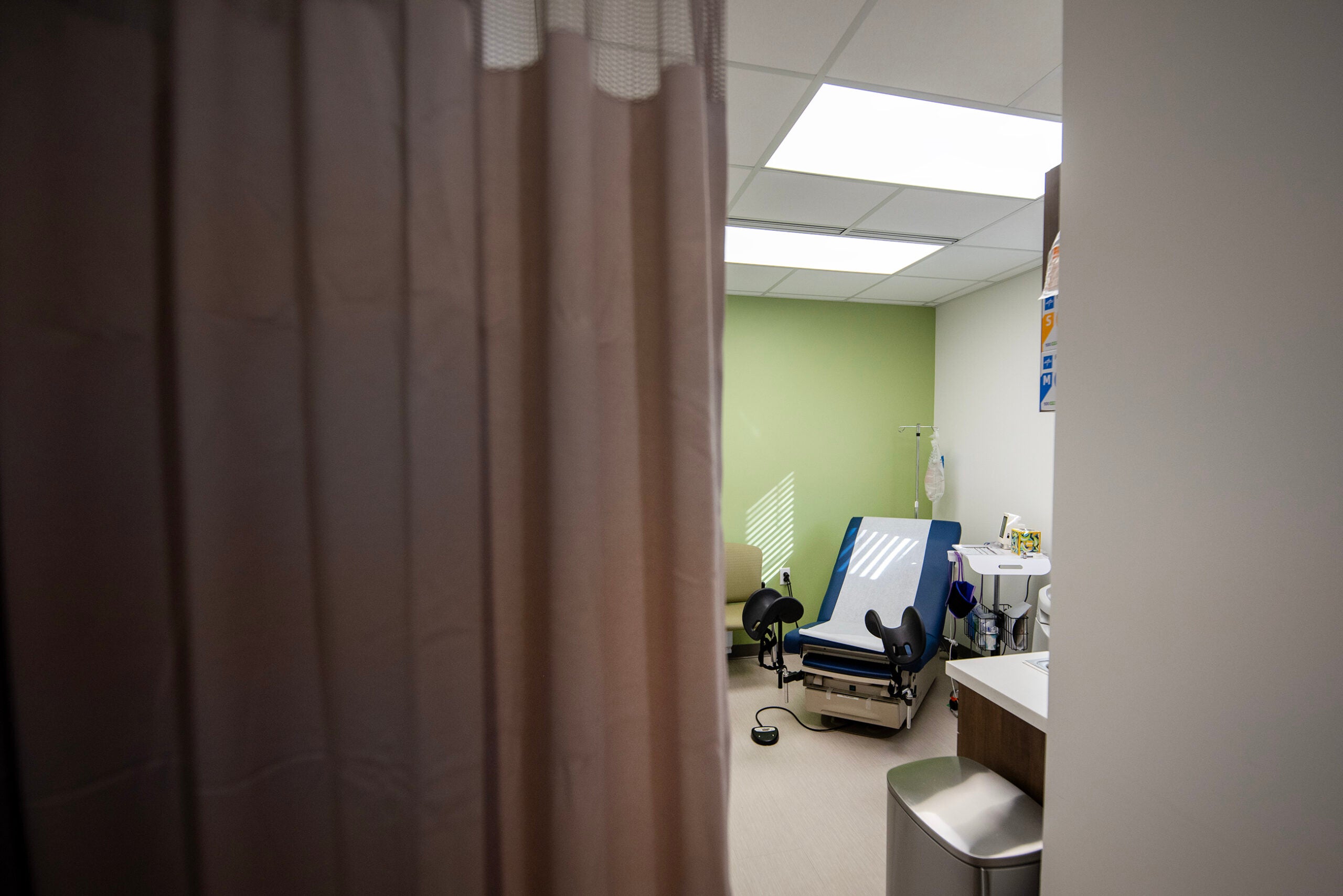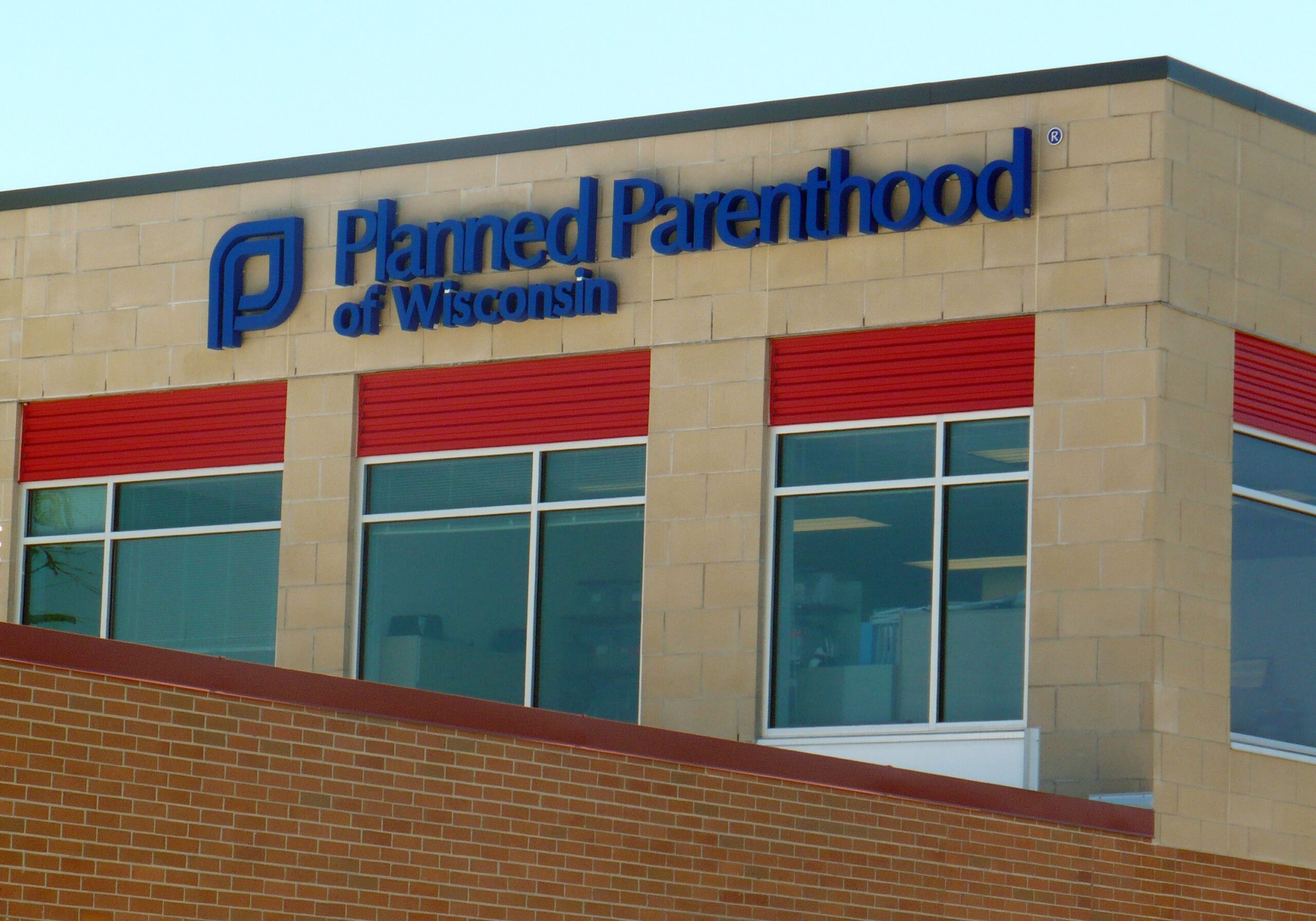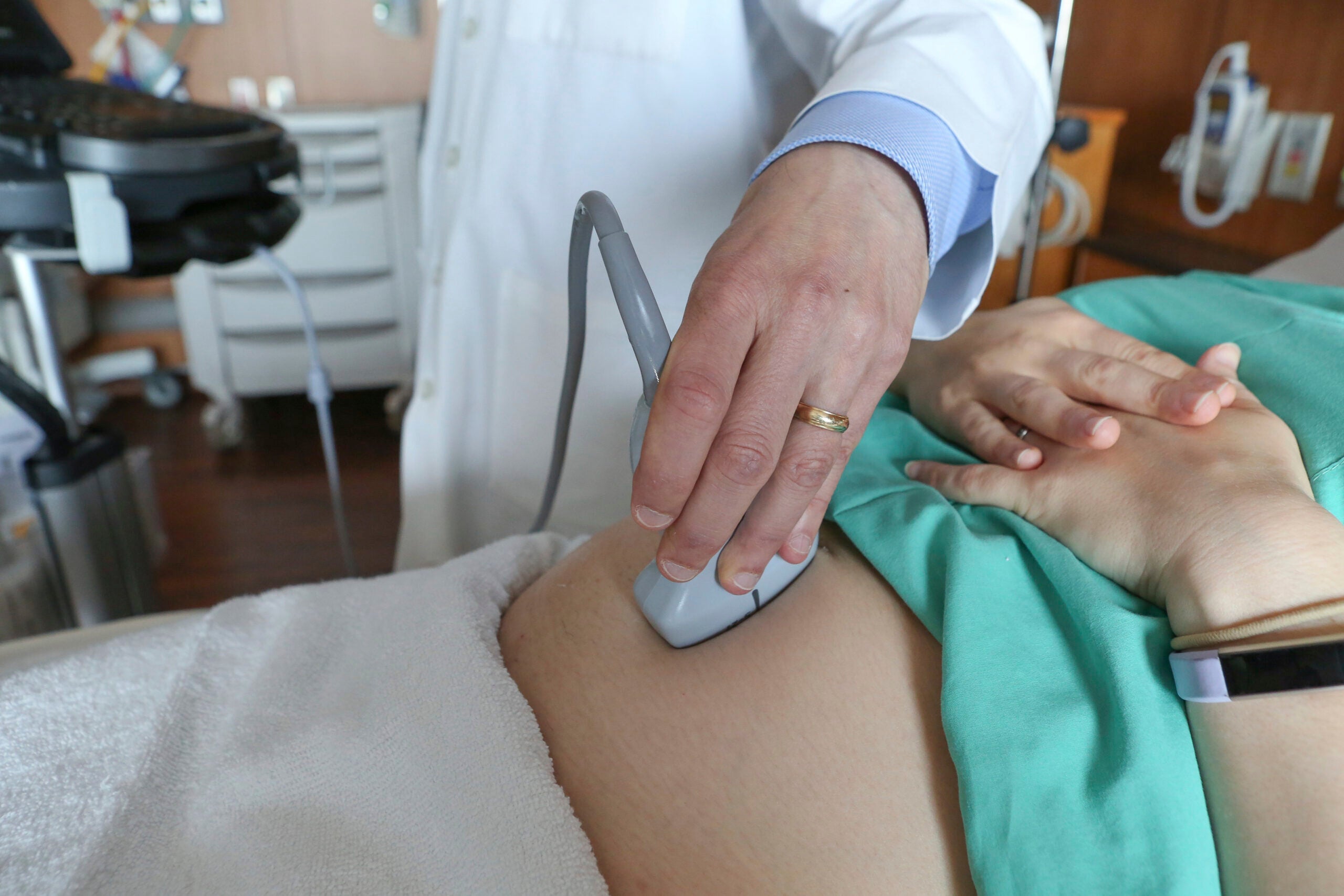A bill that would block University of Wisconsin OB-GYN residents from learning to perform abortions got a public hearing Tuesday at the state Capitol, with abortion opponents and medical organizations lining up on opposite sides of the issue.
They disagree on whether such training violates a prohibition on state dollars paying for abortion.
Supporters of a bill by state Rep. Andre Jacque, R-De Pere, say abortion training that takes place at Planned Parenthood isn’t necessary and uses state money to pay University of Wisconsin School of Medicine and Public Health faculty. Currently, residents learn the procedure from UW faculty at Madison’s Planned Parenthood clinic since abortions can’t be performed legally at UW facilities.
News with a little more humanity
WPR’s “Wisconsin Today” newsletter keeps you connected to the state you love without feeling overwhelmed. No paywall. No agenda. No corporate filter.
UW officials say they are complying with the 2011 law that created that prohibition.
“State funds are not paid to a physician; we don’t take state taxpayer dollars and pay them to a physician to perform an abortion. Those services are billed to Planned Parenthood that reimburses that cost,” said UW-Madison senior university counsel Lisa Wilson on Tuesday during the hearing before the Assembly Committee on Science and Technology.
But Cynthia Jones-Nosacek, an OB-GYN doctor in Milwaukee who supports Jacque’s bill, said the agreement with Planned Parenthood violates the spirit of the law.
“(UW doctors) are paid by a shell game with non-taxpayer monies but they are still state employees when they go to there,” she said.
Nosacek and Jacque contend OB-GYN residents at UW can get abortion training elsewhere. But Rep. Deb Kolste, a Janesville Democrat on the committee, pointed out that the Accreditation Council for Graduate Medical Education requires OB-GYN curriculum include abortion training.
“As far as your assertion that residents can (find) training on their own time, you do understand how residencies work, correct?” Kolste said. “They are under the auspices of certified faculty, and there’s a protocol for all the curriculum they’re going to have to cover … They can’t just get it through some other source and say ‘I did it, it’s good.’ It’s defined curriculum under the auspices of defined faculty.”
Medical school officials are concerned the bill would jeopardize accreditation for UW’s OB-GYN program and worsen a doctor shortage that’s especially acute in rural areas.
Calvin Bruce shares this concern. He testified against the bill on behalf of the Wisconsin Academy of Family Physicians.
“Our academy is neither pro-choice nor pro-life,” said Bruce, a recently retired family doctor in Madison, who said he practiced “cradle to grave” medicine for 35 years and delivered babies most of that time. “We have members who have strongly held beliefs on both sides of that issue. We are strongly pro-patient. And we strongly oppose AB206 on workforce, medical and academic grounds.”
“You would not dictate to the cardiac surgeons how they should teach bypass surgery. Nor to the neurosurgeons how they should teach brain surgery. Does it make sense to presume you know better than obstetricians how to teach their craft?” Bruce said.
Residents who have a religious or moral objections to abortion training can opt out. Dr. Laurel Rice, chair of the UW medical school’s Department of Obstetrics and Gynecology, said about 20 percent of residents opt out of such training.
Wisconsin Public Radio, © Copyright 2026, Board of Regents of the University of Wisconsin System and Wisconsin Educational Communications Board.







